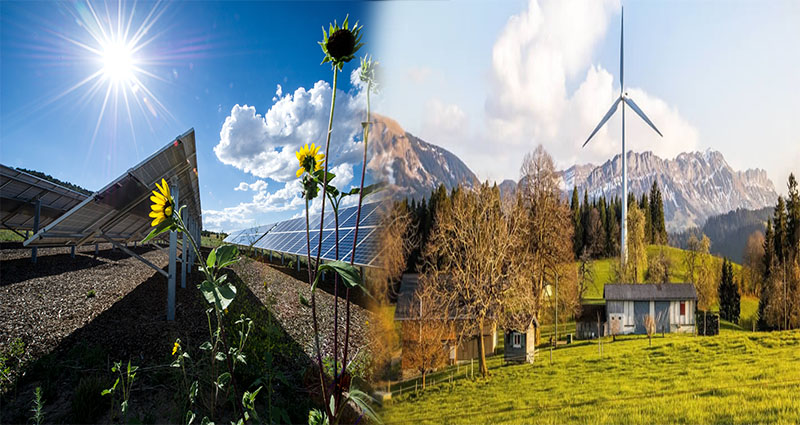Renewable Energy Options for Residential Sustainability
As the world continues to prioritize sustainability and reducing carbon emissions, renewable energy sources have become a critical focus for residential sustainability. By harnessing renewable energy, homeowners can reduce their reliance on non-renewable fossil fuels and contribute to a greener future. In this article, we will explore some of the top renewable energy options available for residential sustainability.
1. Solar Power
Solar power is one of the most popular and widely accessible renewable energy options for residential sustainability. Solar panels convert sunlight into electricity, which can be used to power homes and appliances. By installing solar panels on rooftops or in open areas, homeowners can generate their own clean and renewable energy. In addition, excess energy can be stored in batteries or fed back into the grid, contributing to the overall renewable energy supply.
2. Wind Energy
Wind energy is another renewable energy option that can be harnessed by homeowners. … READ MORE ...











